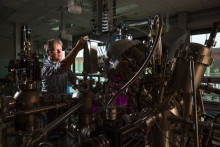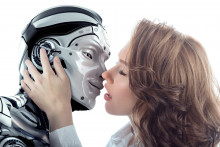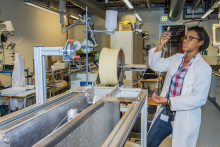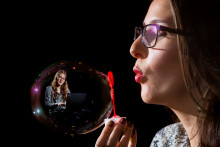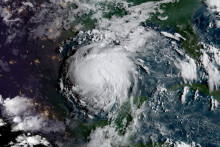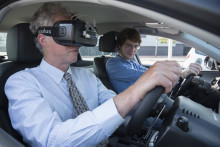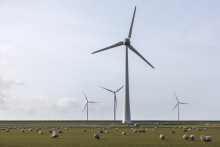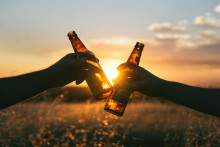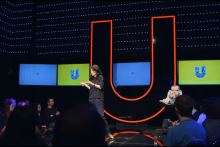- EN
- NL
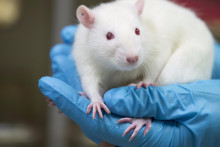 Science
ScienceUnique treatment from Twente effectively kills cancer
Researchers from the University of Twente are making great strides in the field of cancer treatment. Their novel method has recently been tested on animals and it successfully killed over 80% of pancreatic tumor cells. ‘We can kill cancer much faster and easier,’ says the project’s lead scientist Jai Prakash.
- EN
- NL
 Science
ScienceTwentse behandeling doodt kankercellen
UT-onderzoekers maken grote stappen op het gebied van kankeronderzoek. Ze testten een nieuwe methode op dieren, met succes: meer dan 80 procent van de alvleesklierkankercellen werd uitgeroeid. ‘We doden kankercellen veel sneller en gemakkelijker’, zegt Jai Prakash, kartrekker van het onderzoeksproject.
- EN
- NL
 Science
ScienceCybercrime: de onzichtbare wapenwedloop
Wat als… vliegvelden platliggen, het openbaar vervoer totaal ontregeld is, supermarkten niets meer kunnen inkopen omdat hun systemen offline zijn gehaald? Dan heb je totale maatschappelijke chaos. Welkom in de wereld die je niet ziet, de wereld van cybercrime en de mensen die ons ertegen verdedigen. Voordat het écht te laat is.
- EN
- NL
 Science
ScienceCybercrime: New Cold War
What if… airports are shut down, public transport is in disarray, and supermarkets are unable to restock their shelves because their systems have been taken offline? It would result in complete social chaos. Welcome to a world you cannot see: the world of cybercrime and the people who defend us against it. Before it really is too late.
